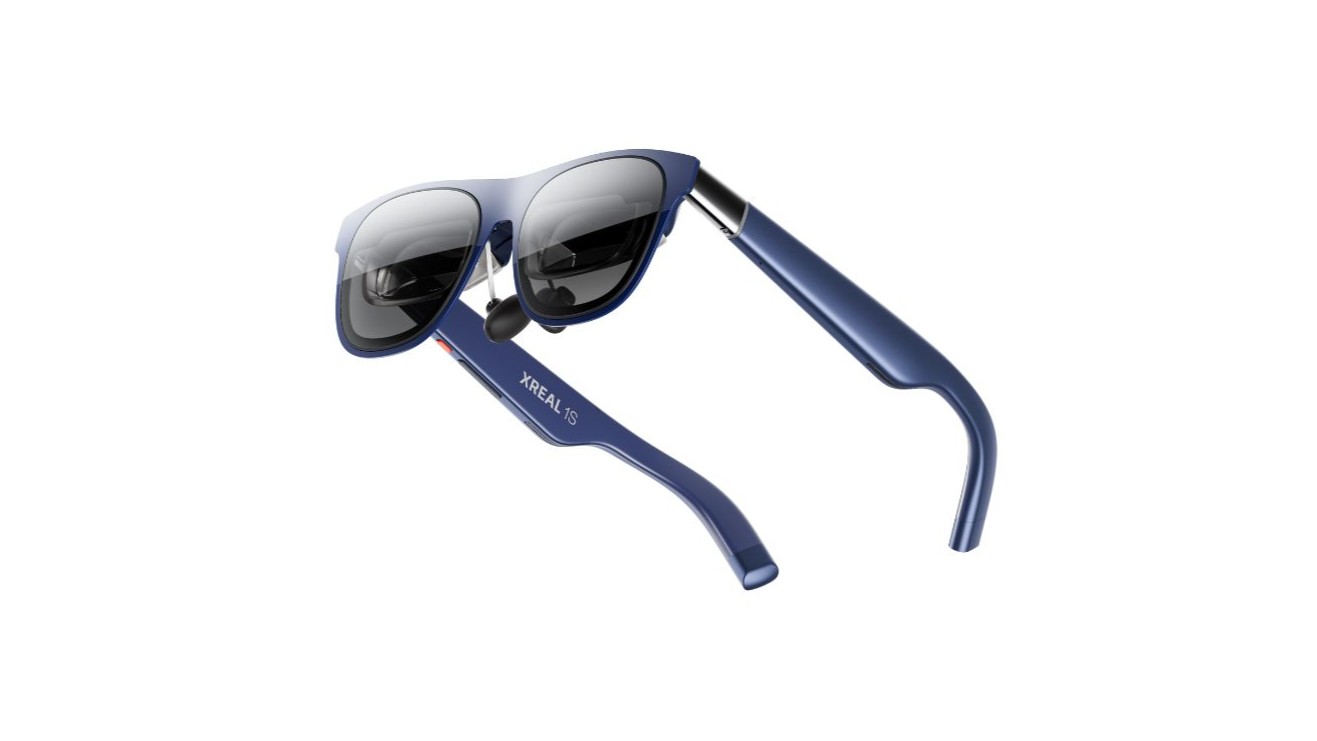Google Stadia Pro subscription desperately needs more smaller indie titles
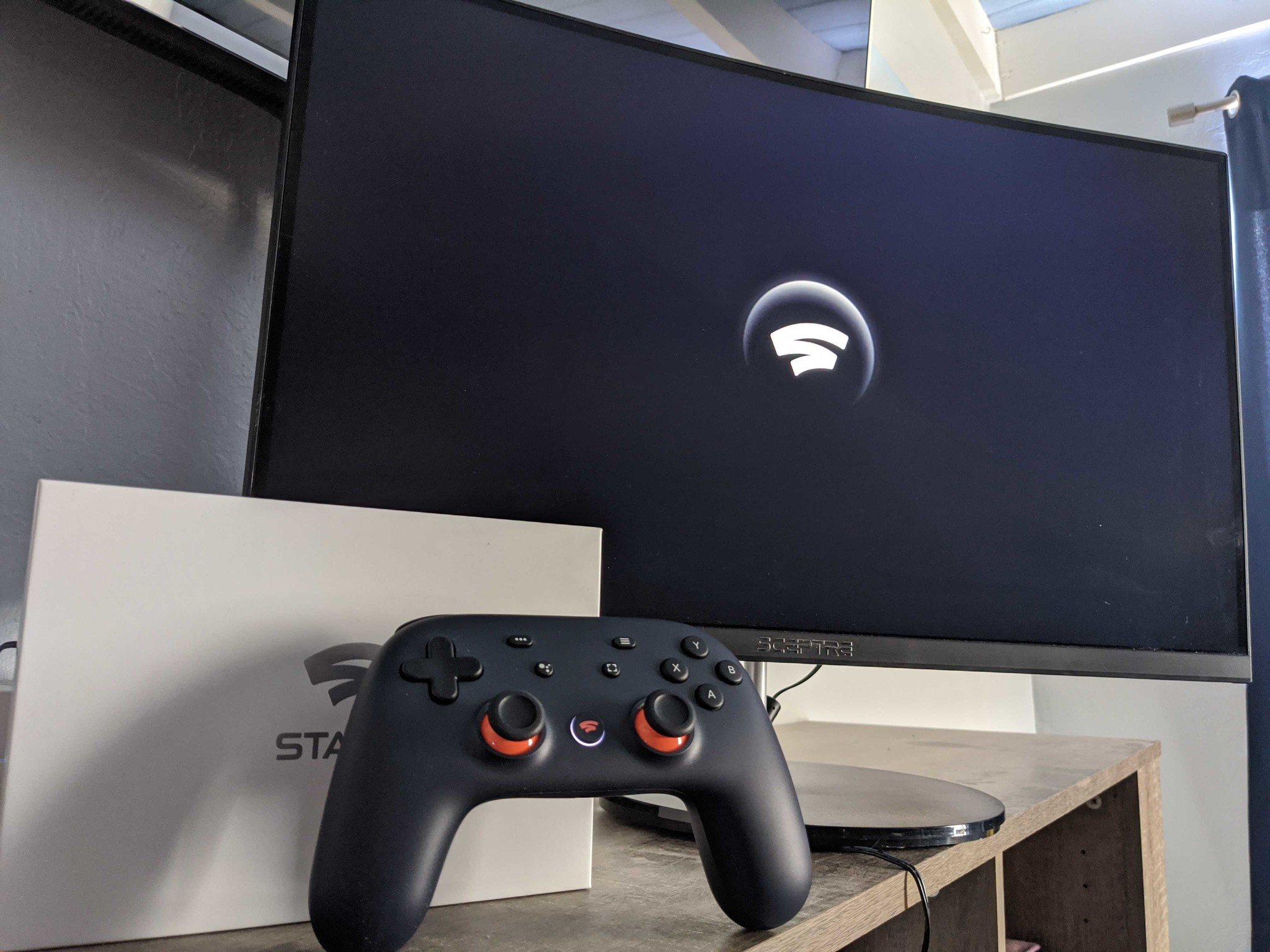
Oh Google. Why must you constantly tempt us with cool concepts like Stadia that seem too good to be true and set it up to fail miserably?
Like many others, I was quick to buy into the Stadia hype and pre-ordered my Founder's Edition, but by the time it had arrived at my doorstep the scathing reviews had already started rolling in — many echoing the same sentiments that the underlying tech is cool but the execution and available content is lacking.
Truth be told, I really don't have much spare time to dedicate to gaming these days — which is actually a major reason why Stadia was so appealing to me. I still have vivid flashbacks of setting up my Xbox One for the first time, then waiting first for the console to update itself, then waiting for Halo to download, then waiting for Halo to fully install itself only to find out it, too, needed to download and install an update patch.
Seven hours later, when the game was finally ready to play, I didn't even want to play anymore but did out of spite.
The good news is I had almost the exact opposite experience setting up Stadia. Pairing the controller to the app and Chromecast Ultra was a breeze, and after like five minutes I was ready to play. How refreshing.
But then I looked at my options of games to play and... are you serious, Google?
"One place for all the ways we play"
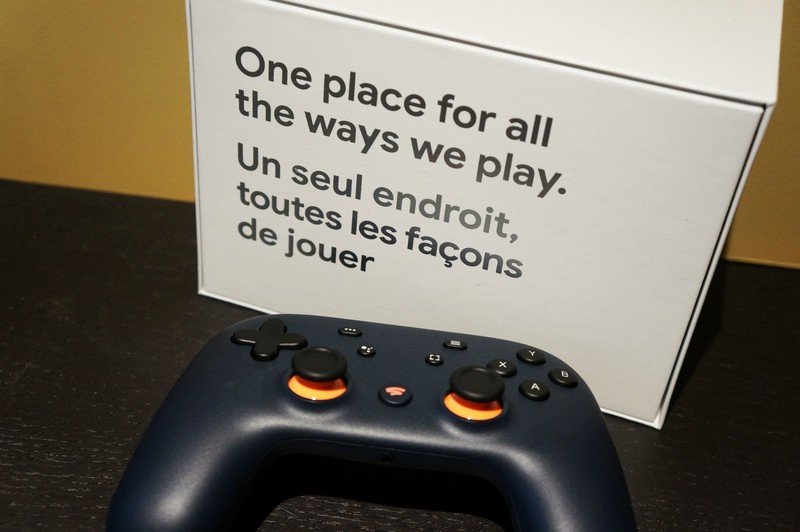
That quote comes from the bottom of my Stadia Founder's Edition box. It sounds really nice but doesn't quite reflect my experience, or what Stadia has to offer gamers in its current state. I'm not sure if that little marketing slogan will ever be an accurate description of Stadia, or if that's actually what Google wants Stadia to be.
Get the latest news from Android Central, your trusted companion in the world of Android
But let me deconstruct that sentence, and specifically focus in on the "all the ways we play" bit. Of the 22 launch titles available for Stadia, Google seemed to overlook my personal favorite way to play — couch multiplayer games. I'm talking about those casual games that would seem to me to be such a natural fit for a gaming service built around the idea that you can play games practically anywhere, even with your own non-Stadia controller.
To be fair, Google isn't a game developer and building out the Stadia library on a game-by-game basis is surely no small task. But, given they already publish a ton of quality games through the Google Play Store, it sort of boggles my mind not to tap a couple upstart indie developers to develop (or port) some off-beat or casual titles to help pad out the Stadia library. It's pretty much what Apple did with Apple Arcade, albeit they were exclusively focusing on mobile games with that service, but that should have been part of the plan for Google, too.
The Stadia line up is so thin it has me looking at the Apple Arcade line up with envy.
I'd be way more patient with Stadia had it launched with some fun and casual arcade titles that anyone can pick up and play. What I wouldn't give for an action-packed, top-down twin-stick shooter. A retro-styled side-scrolling beat 'em up. Some wacky and frantic melee multiplayer game. Hell, even a Jackbox-style party game would have been something.
Sure, maybe the main point of Stadia was to showcase Google's technical prowess of how it can beam a full AAA game to your computer, phone, or Chromecast over the cloud. And for what its worth, it was genuinely awesome to just jump right into a big game like Destiny 2 with no downloading or waiting. That's impressive and all, but just not enough to hold my interest.
Not working with more indie developers for the Stadia launch was a missed opportunity for Google. Casual games are pretty ideal for hanging out with friends and enjoying some multiplayer fun. It's a big reason why the Nintendo Switch is so popular. Given the demographics that are likely to buy and subscribe to the subscription service like Stadia, it just seems like a no-brainer decision to include something to set Stadia apart from the competition. Full-scale AAA games can show off all that Stadia is capable of, but Google should be giving us smaller and more experimental games, too, that can be just as good at demonstrating the adaptability and long-term value that Stadia could provide.
As it stands now, the only games that support any form of local multiplayer are Just Dance 2020, NBA 2K20, Samurai Showdown, Mortal Kombat 11, and Trials Rising — and frankly none of those games are worth paying full price for (or more for the Gold/Premium/Legend editions) let alone stir enough excitement to bust out my Stadia controller if friends stop by. Several are even available through Xbox Game Pass, which is basically what I was hoping the Stadia Pro subscription was going to be modelled after.
I don't know. I guess I was holding out hope that Google was going to surprise us with so much more added value than initially promised for being among the "Stadia Founders" and giving us a reason to stay subscribed to Stadia Pro once the three-month trial expires. But that was so far from reality that I just end up feeling stupid for believing in Google.
Stadia Pro feels like a subscription service with nothing to offer
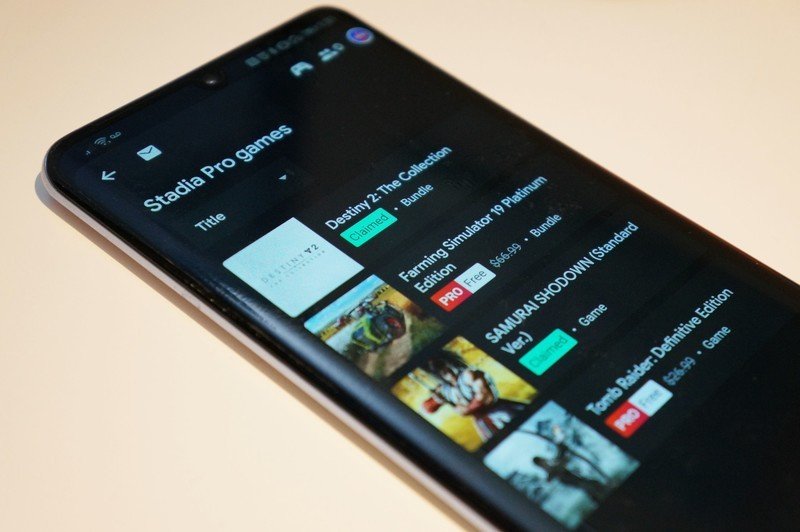
Which, speaking of Stadia Pro: what the hell is the purpose or point of this "subscription service" anyways? So Google's going to toss out a couple random games each month that you can claim for free, and give you limited discounts off full-priced games in the Stadia store? Wow. Thanks. Take all my money. Please.
Google wants Stadia to be "one place for all the ways we play", but that won't be the case until smaller indie games are part of the mix.
I don't know, perhaps I'm just overly cynical towards gaming these days. Or maybe I'm just nostalgic for the days of yore when games were about having fun and easy to share with friends. Those days where you'd grab a controller and head over to a friend's to hang out and bond for hours over a shared love of video games.
I mean, Google is trying to compete against Nintendo, Microsoft, and Sony, right? Each of those companies have deep catalogues of games available as part of a subscription service or as standalone purchases from an online store — and not only AAA titles, but a ton of quirky indie titles as well. In reality, indie developers are solely responsible for keeping couch multiplayer alive these days since the big publishers typically care about selling more units than delivering the best gameplay experiences for gamers. That's why I find smaller indie games almost always offer the better value and are more fun to play.
As it stands currently, early Stadia adopters are left with a mostly boring list of full-priced games, each with additional DLC and micro-transactions — basically everything that's crappy about gaming these days rolled into one convenient and portable service. The technology in use is impressive, but I'm completely underwhelmed by the Stadia game library offering and trickling out more AAA titles on a month-by-month basis isn't going to fix things for me. Making things worse, most of my friends who did pre-order Stadia either cancelled those pre-orders or are planning to return their Founder's Edition kits because there's not enough value yet. And I can't say I blame them one bit.
All of this just leaves me echoing the thoughts of Joe Maring, who opined that Stadia confirms you should never buy a Google product at launch. I definitely feel burnt by Stadia, and am left to wonder whether it can evolve into a game streaming service that actually gets me excited about video games again.
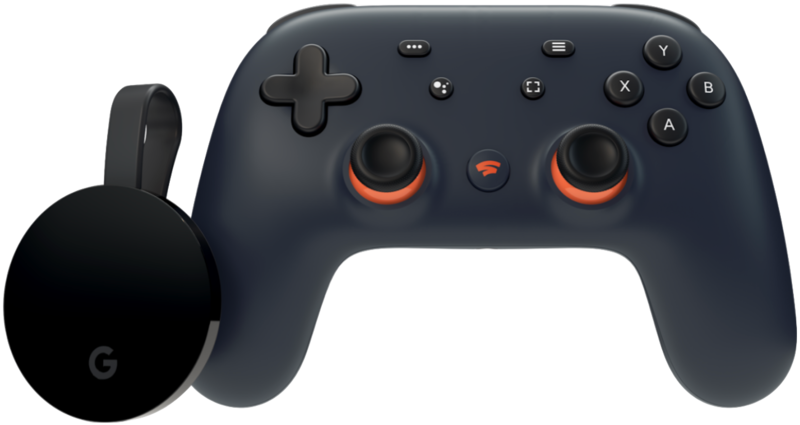
Rough waters ahead
This bundle includes everything you need to get started with Google Stadia like the controller, Chromecast Ultra, Destiny 2, and three months of the Stadia Pro subscription for you and a friend. Just be aware of the type of product you're getting, and don't have unrealistic expectations about its capabilities.
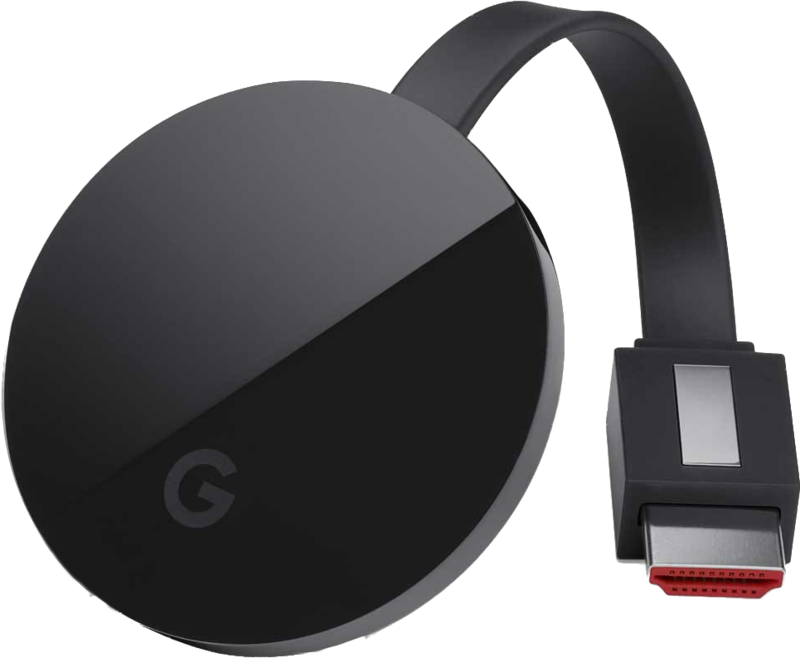
HD streaming
You can buy everything together or you can get just the basics for Google Stadia. The Chromecast Ultra is available to purchase now and lets you stream 4K TV as well as play games. This is probably the more appealing option since Stadia's base subscription is free.

Marc Lagace was an Apps and Games Editor at Android Central between 2016 and 2020. You can reach out to him on Twitter [@spacelagace.
